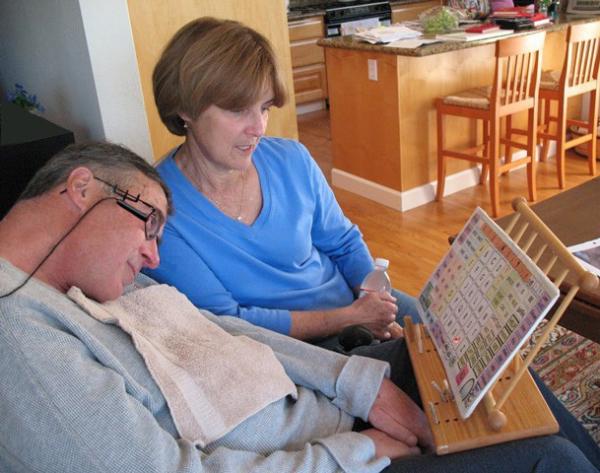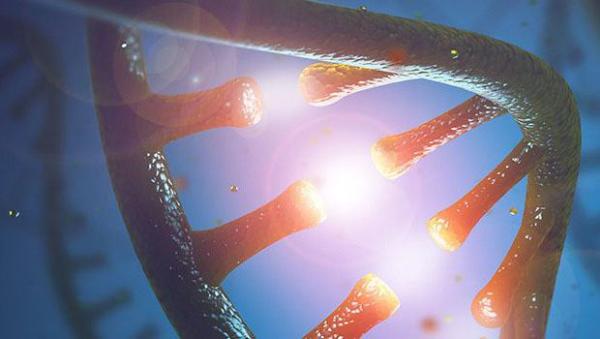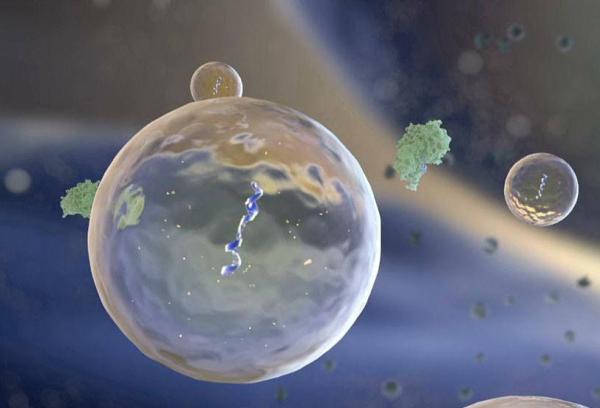Tiny Molecules Have Big Potential for Treating Eye Diseases
Approach Could Protect or Even Regenerate Neurons in Eye and Spinal Cord
At the end of Aesop’s fable The Lion and the Mouse, the titular rodent saves his much larger friend from a hunter’s trap. Just like Aesop, scientists know well that even something tiny and often overlooked can lend a helping hand. Extremely short strands of genetic material called microRNAs, for instance, could make for useful therapeutic targets for glaucoma and other degenerative eye ailments, according to new IRP research.










